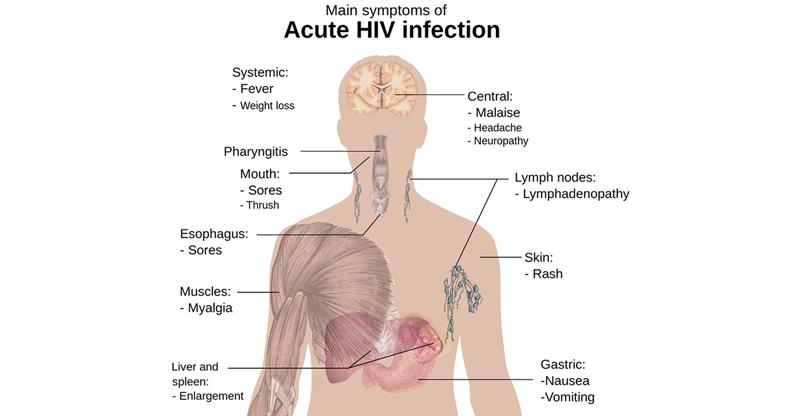ANTIRETROVIRAL DRUGS ARE BEING USED AS A MEANS OF PREVENTING THE SPREAD OF THE DISEASE.
 Persons in Saint Lucia living with HIV are recording longer lifespans and a better quality of life due in large part to interventions and medication from the Ministry of Health and Wellness.
Persons in Saint Lucia living with HIV are recording longer lifespans and a better quality of life due in large part to interventions and medication from the Ministry of Health and Wellness.
The first case of HIV in Saint Lucia was diagnosed in 1985. Since then, the ministry with responsibility for the health of the population instituted a surveillance system to monitor and treat the disease.
To date, the current number of cases from 1985 to 2018 is just under 800. Acting National Epidemiologist, Dr. Michelle Francois, said this is nothing to be alarmed about.
She noted that through the health ministry, persons with HIV are living longer more productive lives.
“It is a relatively manageable number. Our incidence and prevalence rates are still below one percent so we are doing well in terms of management. We are seeing that persons survive longer. We do have a few challenges which we are trying to address in terms of the social aspect because a lot of our persons living with HIV do come from homes where they have significant social problems. So in terms of simple things like medication, we have to ensure that persons receive meals before taking medication. That is one of the complaints that we have, and one of the issues we are trying to address. We understand it and we work accordingly to address whatever issues that they do have.”
The Ministry of Health and Wellness recorded more than one milestone in dealing with the HIV incidences on island. According to Dr. Francois, aside from using condoms and getting tested, antiretroviral drugs are being used as a means of preventing the spread of the disease.
“Treatment is now prevention. We do offer treatment to persons as a means of prevention. Serodiscordant couples do receive treatment. By serodiscordant I mean where you have one partner positive and one partner negative. To prevent the negative partner from acquiring the virus, we place them on anti-retroviral therapy. We currently do that for that specific group, and for persons who are positive, the medication is also free of charge.”
This is not the first instance of success for Saint Lucia. The island was one of the first in the Caribbean to eliminate the transmission of HIV from mother to child.
Dr. Francois explains how this is done.
“We do not have any recorded cases of mother to child transmission from 2006 and we are very proud of that accomplishment,” she said. “We have in house a PMTCT – a Prevention Mother to Child Transmission Coordinator – who follows up with every pregnant woman that is HIV positive. She also follows up after birth with the infant who we consider ‘exposed’ because the mother is positive, and at the clinic as well, so there are several tests that have to be done to ensure that that infant is not positive.”